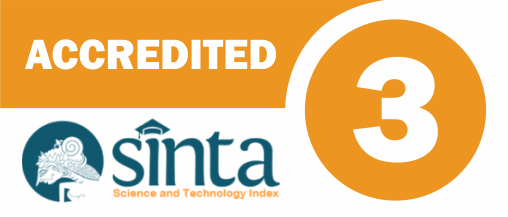Effectiveness of Cognitive Behavioral Therapy with In Vivo Exposure on Anxiety Levels in Elderly Stroke Patients
Efektifitas Cognitive Behavioral Therapy Dengan Teknik In Vivo Exposure terhadap Tingkat Kecemasan pada Pasien Lanjut Usia Penderita Stroke
Abstract
Background: Stroke is a serious condition that can have a significant psychological impact on patients, including anxiety. Cognitive Behavioral Therapy (CBT) is a therapy that can influence attitudes and behaviors as well as cognitive changes, resulting in the desired attitude changes.
Objectives: The objective of this study is to determine the effect of CBT on anxiety levels in elderly individuals diagnosed with stroke.
Methods: This study employed a quasi-experimental design with a nonequivalent control group design. The sample consisted of 36 elderly stroke patients. The analysis in this study used the dependent T-Test.
Results: The average anxiety level decreased by 14.89, and the statistical test results showed a P-Value of 0.000, indicating that the intervention had a significant effect.
Conclusion: This study concludes that Cognitive Behavioral Therapy (CBT) using in vivo exposure techniques is significantly effective in reducing anxiety levels in the intervention group compared to the control group. Although there are other influencing variables such as education, these variables are not statistically significant.
Copyright (c) 2024 Ridho Fidrajaya, Tria Astika Endah Permatasari, Lily Herlinah

This work is licensed under a Creative Commons Attribution-ShareAlike 4.0 International License.























